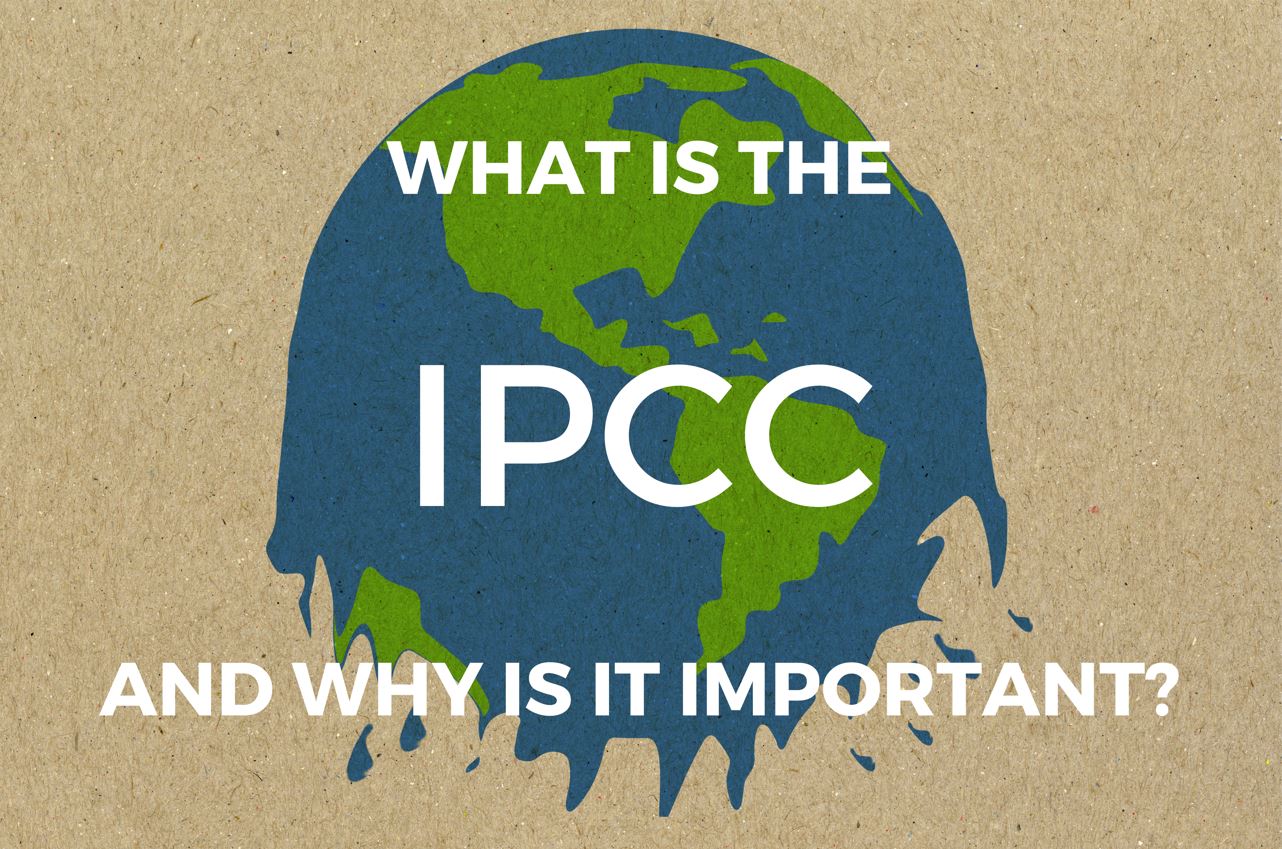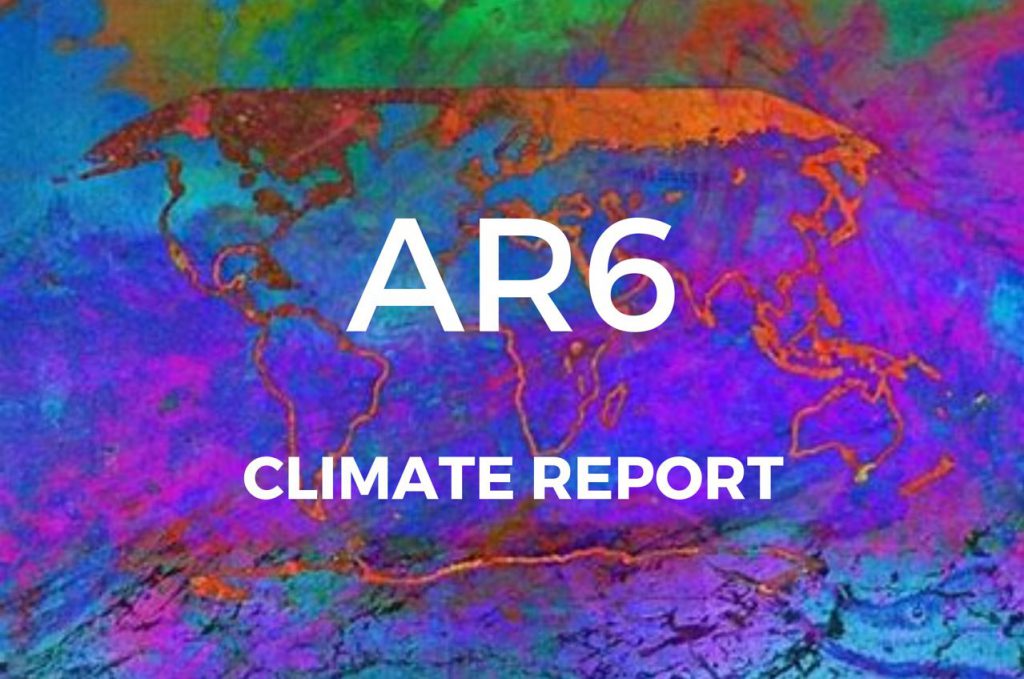Last week’s climate report, and the many articles and blog posts it inspired, may mark your first time hearing about the IPCC (Intergovernmental Panel on Climate Change)—and even if you already know the acronym, you might not be sure exactly what it does. Read on for an introductory look at the IPCC, the people involved, and how they produce their monumental climate reports.
What is the IPCC?
The IPCC was created by the United Nations Environment Programme and the World Meteorological Organization in 1988. Rather than conducting original research, the body is charged with assessing the scientific literature on climate change, with topics ranging from atmospheric concentration of CO2 to socioeconomic impacts of flooding. This provides policymakers with a big-picture view of the problem, helping them understand the intricate dynamics between the fields and highlighting areas of widespread agreement. These comprehensive reports do not make recommendations on policy, but they are intended to allow officials to craft well-informed mandates.
Starting in 1990, IPCC reports have appeared every 5-7 years, with each report cycle beginning soon after the previous one is completed. The current report is the Sixth Assessment Report, or AR6.
How are the reports created?
The process of producing the assessment reports is very complex. Each report is divided into multiple parts that are written by separate working groups. Working Group I reports on the physical science of climate change—this is the report that came out on August 9. Working Group II studies climate change impacts and adaptation, and Working Group III reports on mitigation, or how we can act to slow down climate change. Working Groups II and III will release their findings in early 2022, followed later in the year by a synthesis report to combine all the existing pieces.
The IPCC also releases additional methodological reports, written by the Task Force on National Greenhouse Gas Inventories, and special reports. It was one of the special reports earlier in the AR6 cycle, 2018’s Global Warming of 1.5°C, that drew a lot of media attention to the 2020s as a critical decade for climate action and helped add fuel to the school strike movement.
Each working group is made up of hundreds of experts in their fields from diverse locations and backgrounds, nominated by member governments, the IPCC Bureau, and affiliated nonprofit organizations. The efforts required of everyone involved are truly astonishing and were recognized with the Nobel Peace Prize in 2007. Over the course of a report cycle, they put in thousands of hours of unpaid work, combing through and analyzing the body of literature published since the previous report. For the Working Group I contribution to AR6, this included more than 14,000 publications. Several meetings are held to plan and outline the work, comment on and revise early drafts, and finally review and approve the final version before release to the public. Most years, these meetings take place in person, but starting in 2020 the Covid-19 pandemic required the authors—like so many of us—to shift to virtual meetings.
The review process involves input not only from external expert reviewers, but from all IPCC member countries. Government reviewers may challenge content based only on the scientific literature, not on ideology. While this level of involvement requires intense collaboration and negotiation, it means that the finished product is a true consensus and cannot easily be disputed by the nations involved.
Thanks to the methodical, objective process laid out by the IPCC, the work of its volunteer authors and reviewers, and the researchers who add to the scientific literature during each review cycle, we know what we have to do to slow climate change. Now it’s up to policymakers to follow through on this knowledge—and to us to hold them accountable.


